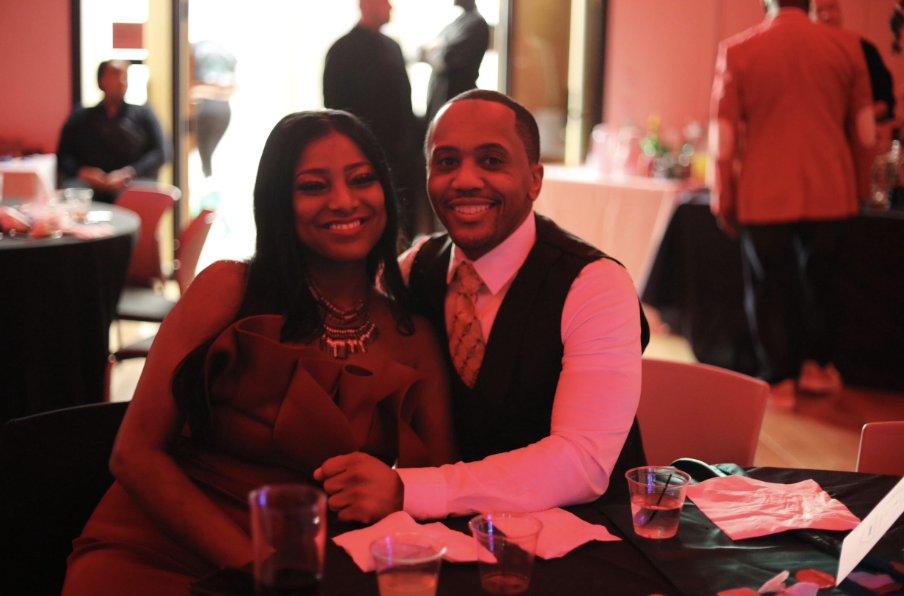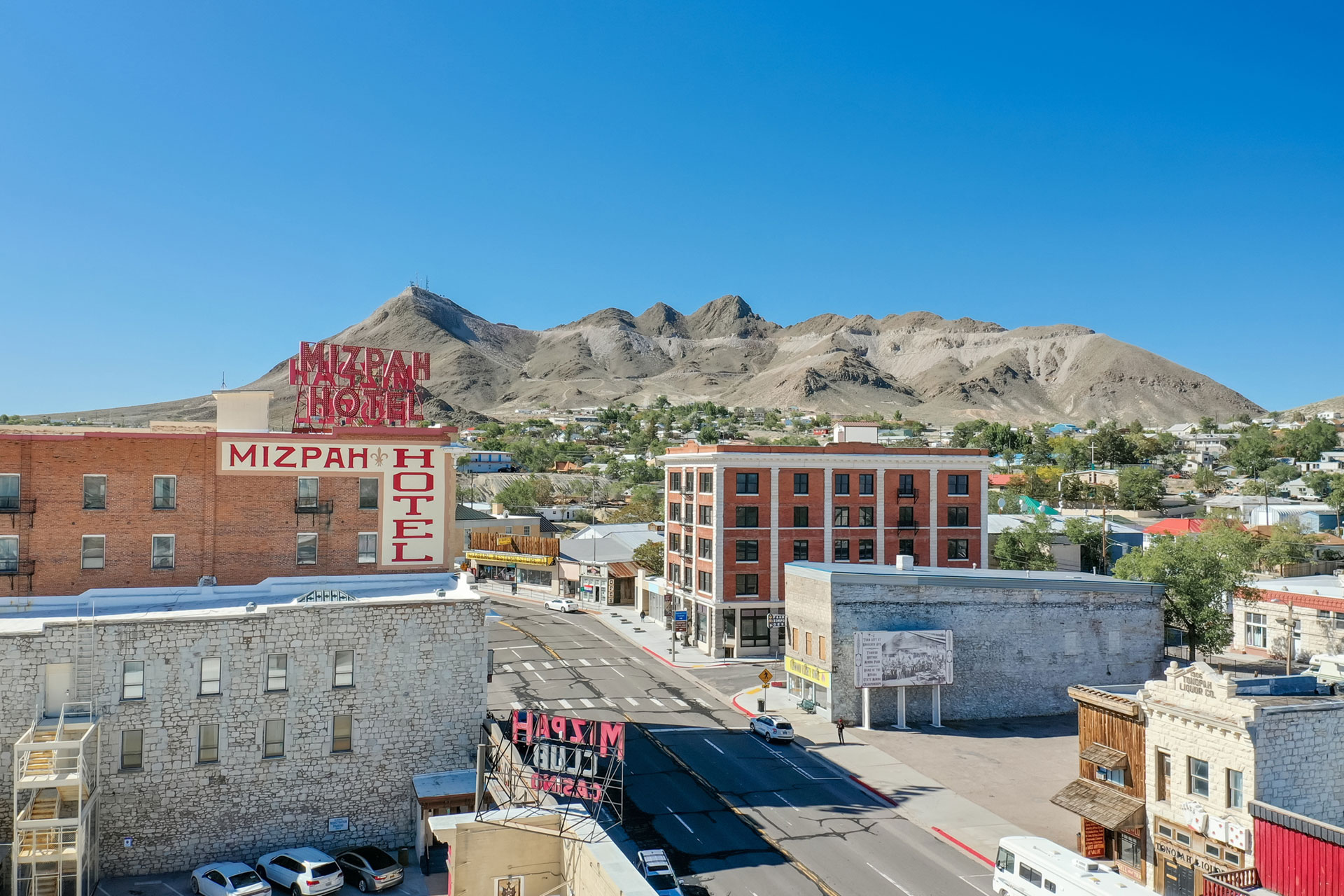The Cost of Admission to Black Love


Black love is like a blanket. This blanket feels like a warm hug from your auntie (a.k.a. your second mama), an old friend or better yet big mama or Pop Pop… soft, yet firm, familiar, and perfect for those moments when you just need to pause and breathe.
This blanket is constructed of strength, resilience, and complexity, woven through generations of triumphs and challenges. It’s a love that has withstood societal pressures, systemic inequalities, and cultural expectations, each thread telling a story of commitment, sacrifice, and unwavering devotion. As we reflect on the cost of admission to Black love, we unravel its multifaceted nature, from the historical breakdown of the family unit to the powerful connections forged in modern relationships.
Government Assistance Has Entered The Chat
Historically, Black families have faced systemic challenges that threatened the very fabric of our unity. Government assistance programs, while a lifeline for many, often came with stipulations that dismantled the traditional family structure. The introduction of government assistance often marginalized Black men in relationships by imposing rules that discouraged our presence in the household, undermining our role and contributing to the fragmentation of the family unit.
Policies that discouraged two-parent households placed undue burdens on Black women, forcing them to navigate single parenthood while enduring societal judgment. Some may say this was by design. But I digress. These conditions sowed seeds of fragmentation, yet Black love persists, finding ways to adapt and thrive despite the odds.
The Unique Bond of Black Sororities and Fraternities
Servant leadership has always been the backbone of our communities. While there can be a common misconception that they are largely social organization, this labor of love is celebrated fiercely within Black Greek organizations, where sister and brotherhood becomes a sanctuary and a source of empowerment. These organizations foster a sense of belonging, creating spaces where Black men and women can uplift the community all while nurturing the essence of Black love with intentionality.
The Pillar of Religion and the Church
The Black church has historically been a cornerstone of Black culture, providing spiritual guidance and a sense of community. It’s a place where Black love is not only celebrated but also fortified. Now, church trauma is a real and painful experience for many. Even bringing those experiences to light allows for the opportunity to make things right out of an abundance of love. So as not to diminish the sanctity of the church in the Black community. For so many, the church is a beacon of hope and a reminder of the divine connection that underpins Black love.
Activism and the Love for CommunityBlack activists carry a profound love for our communities, often at great personal cost (financial, mental, emotional, physical). Our dedication to justice and equality is a testament to the power of love in action. This love transcends romantic relationships, encompassing a broader commitment to uplift and protect the collective well-being of the community.
Service Members and our Country
The relationship between Black service members and our country is one of complex loyalty. Serving a nation that has not always served them equitably requires a deep love for the ideals of freedom and justice, literally for all…THAT’S IT THAT’S ALL! This love is mirrored in our personal relationships, where resilience and sacrifice are daily realities (such as frequent disruption in the family routines, impacts of service on mental health, just to name a couple).
The Intersection of Black Love and LGBTQIA+ Relationships
The intersection of Black love and LGBTQIA+ relationships adds another layer of complexity. These relationships challenge traditional norms and redefine what love looks like within the Black community. They are a testament to the diverse expressions of Black love, celebrating authenticity and the right to love freely. Imagine the dichotomy of the mental tug of war one must navigate when trying to fully embrace who they are, while facing challenges with society in general, but potentially within your own culture as well. Yet that love still persists! What a tragically beautiful reality.
Parental Love
Parental love in the Black community is profound and, you guessed it, multifaceted. It encompasses the joy and pain of conception, the heartache of loss, and the triumph of bringing new life into the world. For most parents, the journey to parenthood is marked by challenges, but for Black parents, we can be confronted with struggles that are uniquely our own, as well. Yet it is our love for our children that fuels our perseverance. My personal journey included five miscarriages. Navigating the spaces of Black maternal health but finally welcoming our rainbow baby, a testament to the strength of parental love and faith. Once the kiddo has arrived, the love shifts to survival mode. Learning to manage life with your whole heart walking around, frollicking outside your body, as a Black child in this world. It is terrifying. Parenting and loving your child as a Black person often involves a unique blend of nurturing, protection, and preparation, teaching them to embrace their identity while navigating a world that may not always value their existence. But understanding, unequivocally, that the greatest impact you will ever have on this world will be the child you reared in it.
Romantic Relationships and Marriage
Romantic relationships in the Black community are a blend of traditional and unconventional elements. My husband and I have been married for 20 years, a journey that began with a courthouse wedding and our first year as newlyweds geographically apart due to a militarydeployment to Korea within 2 months of our nuptials. Together, we’ve carved out our unique definition of love, embracing both the conventional and the unconventional. Our marriage is a testament to the fact that Black love is about creating your own narrative, one that works for you and your partner.
Black love is like an exclusive, members-only club, where the cost of admission is both steep and profound. It demands resilience, sacrifice, and a deep understanding of history’s burdens. The cost isn’t monetary—it’s emotional, psychological, and sometimes even spiritual. To love and be loved within the context of Black identity means navigating a world that often challenges your existence and undermines your worth.
The price of entry includes the weight of generational trauma, the remnants of systemic oppression, and the echoes of broken family units, yet it also carries the richness of culture, the strength of community, and the unyielding power of resilience. It asks for patience in healing, grace in understanding, and courage in vulnerability. Black love, in its many forms—romantic, familial, communal—demands an unspoken agreement: to honor the past, thrive in the present, and build a future together.
Just like any worthwhile admission, what you gain is immeasurable. The rewards are in the depth of connection, the strength of unity, and the creation of a love that not only survives but thrives despite the cost. It’s a love that defies the odds and redefines what it means to truly belong.
I extend a warm invitation to all who cherish Black love to join us at the 2025 Black Love Soirée and Symposium. Let’s continue to celebrate and honor the beauty and complexity of Black love, a love that endures, evolves, and inspires.
Khalilah Jones

For many college students, tuition isn’t the only expense causing stress. Rent, groceries, books, transportation, and everyday costs can add up quickly....

Throughout rural America, small business owners are facing a quiet threat: losing their last local bank. In rural towns, from North Carolina to Nevada’s frontier communities, a single local bank can mean the difference between convenient financial...

In 1970, men earned nearly six doctoral degrees for every one earned by a woman. Today, that ratio has flipped....